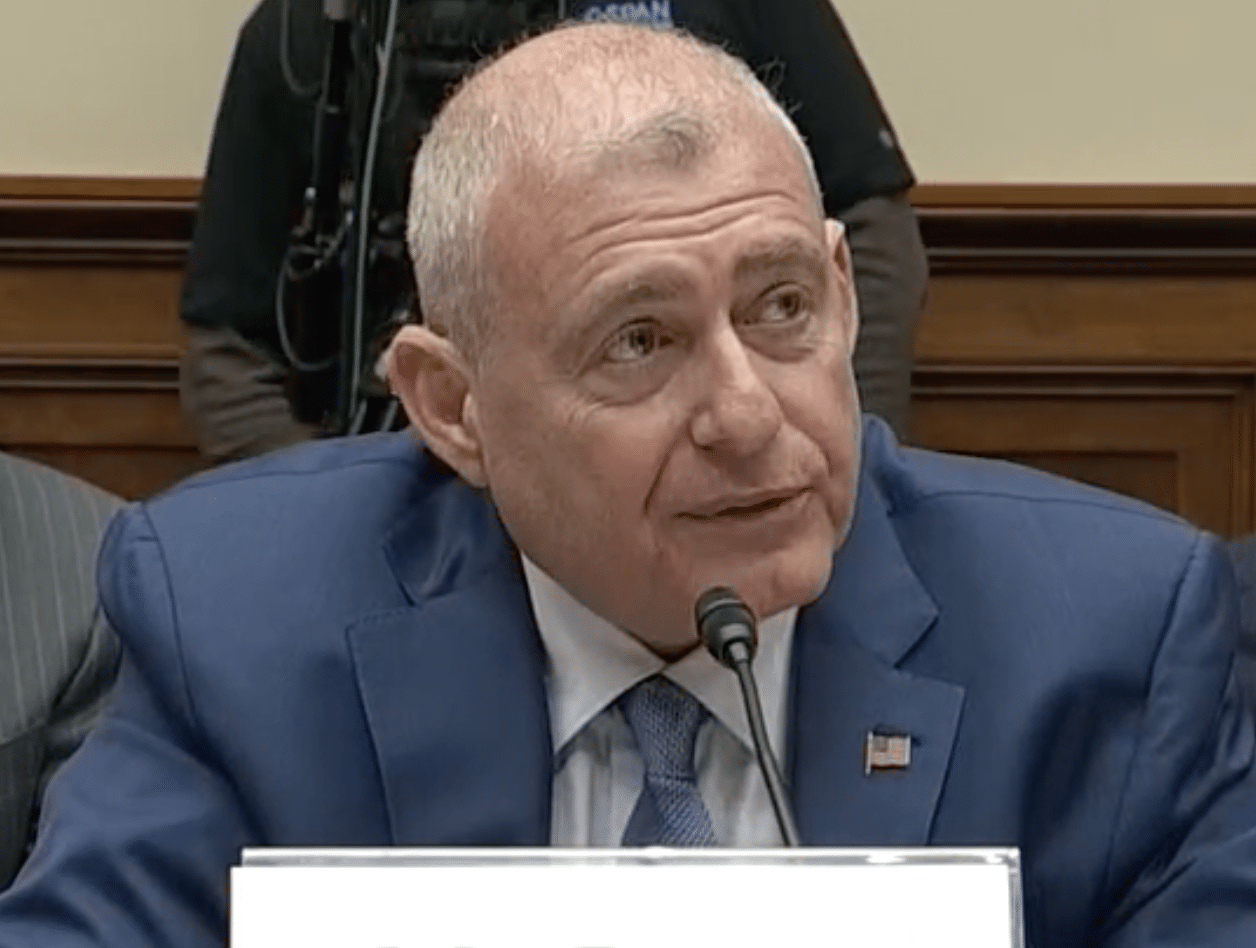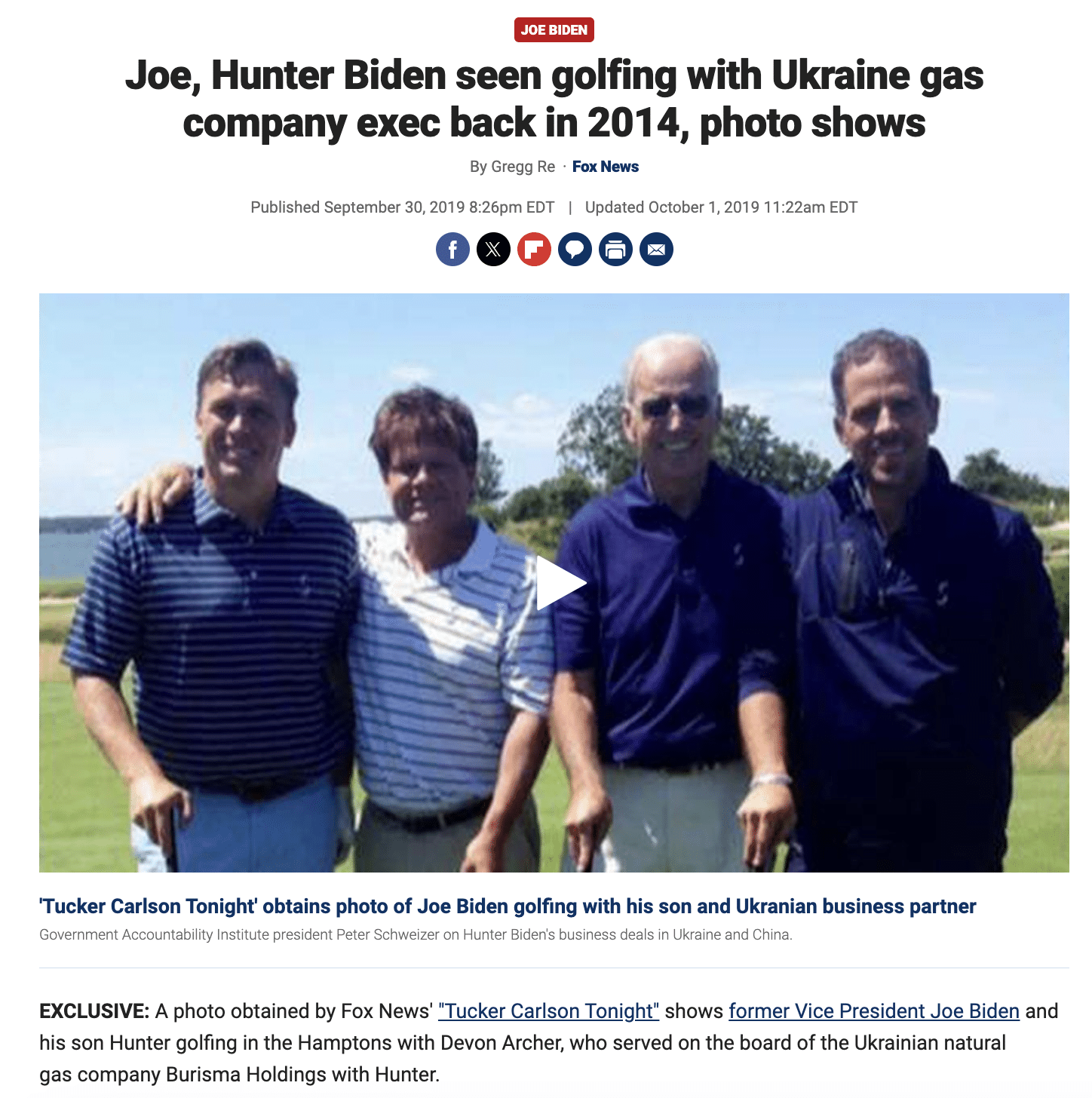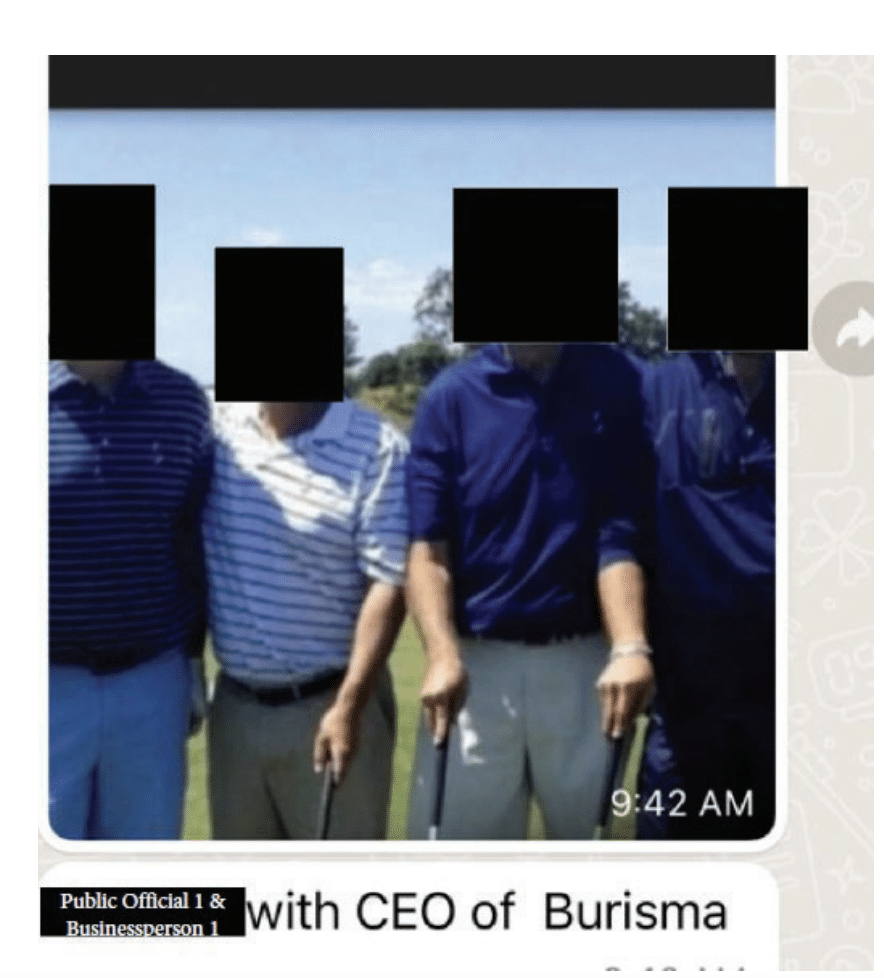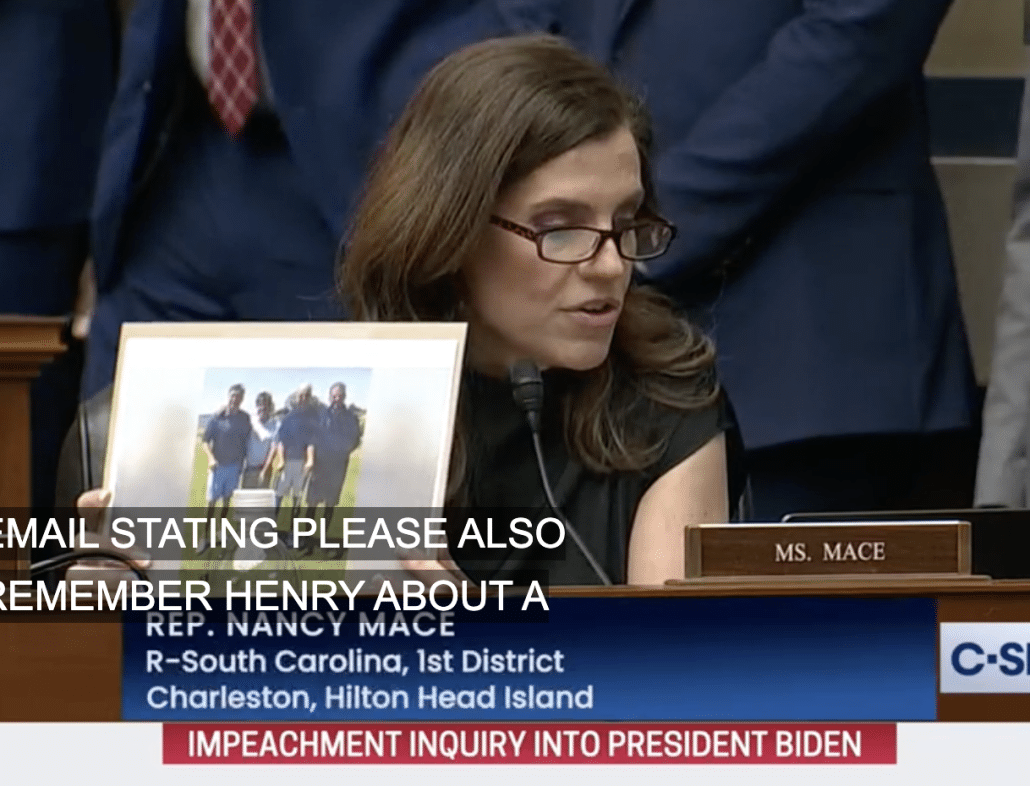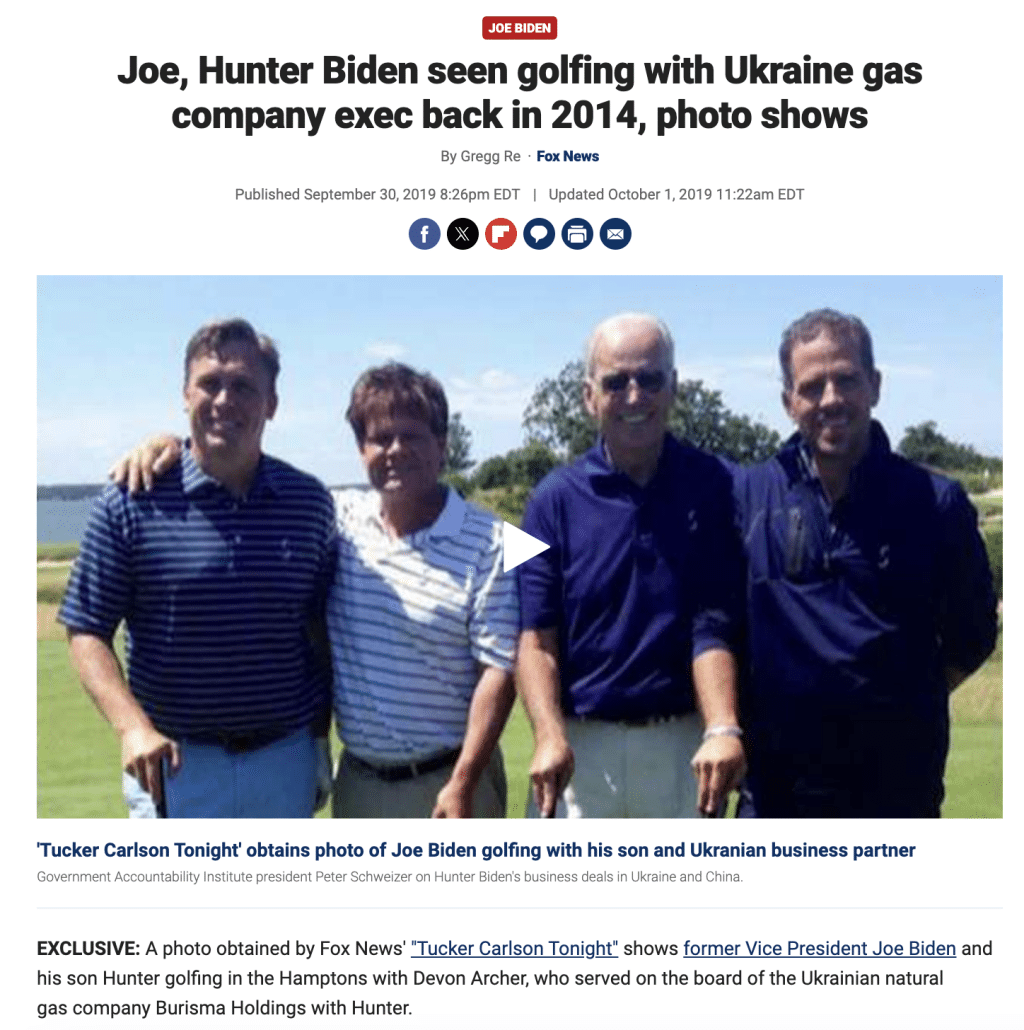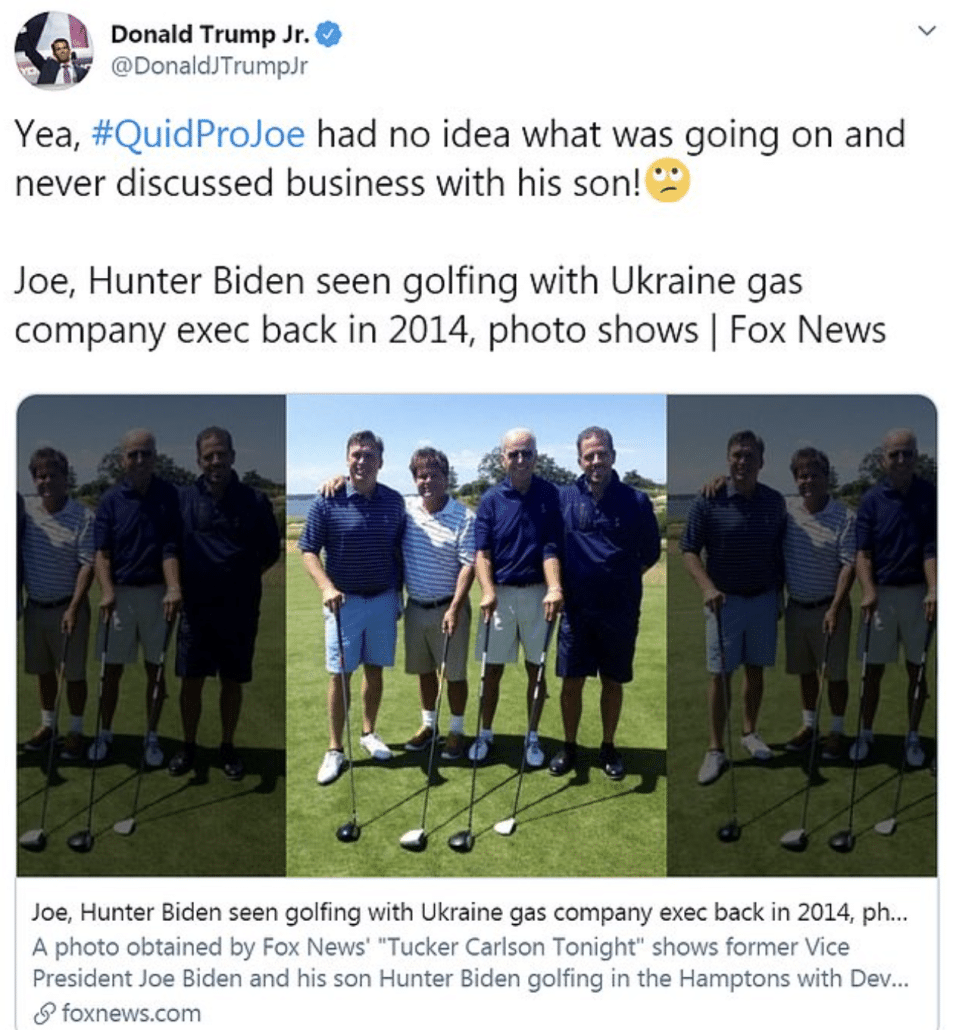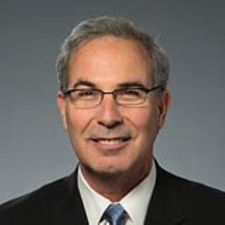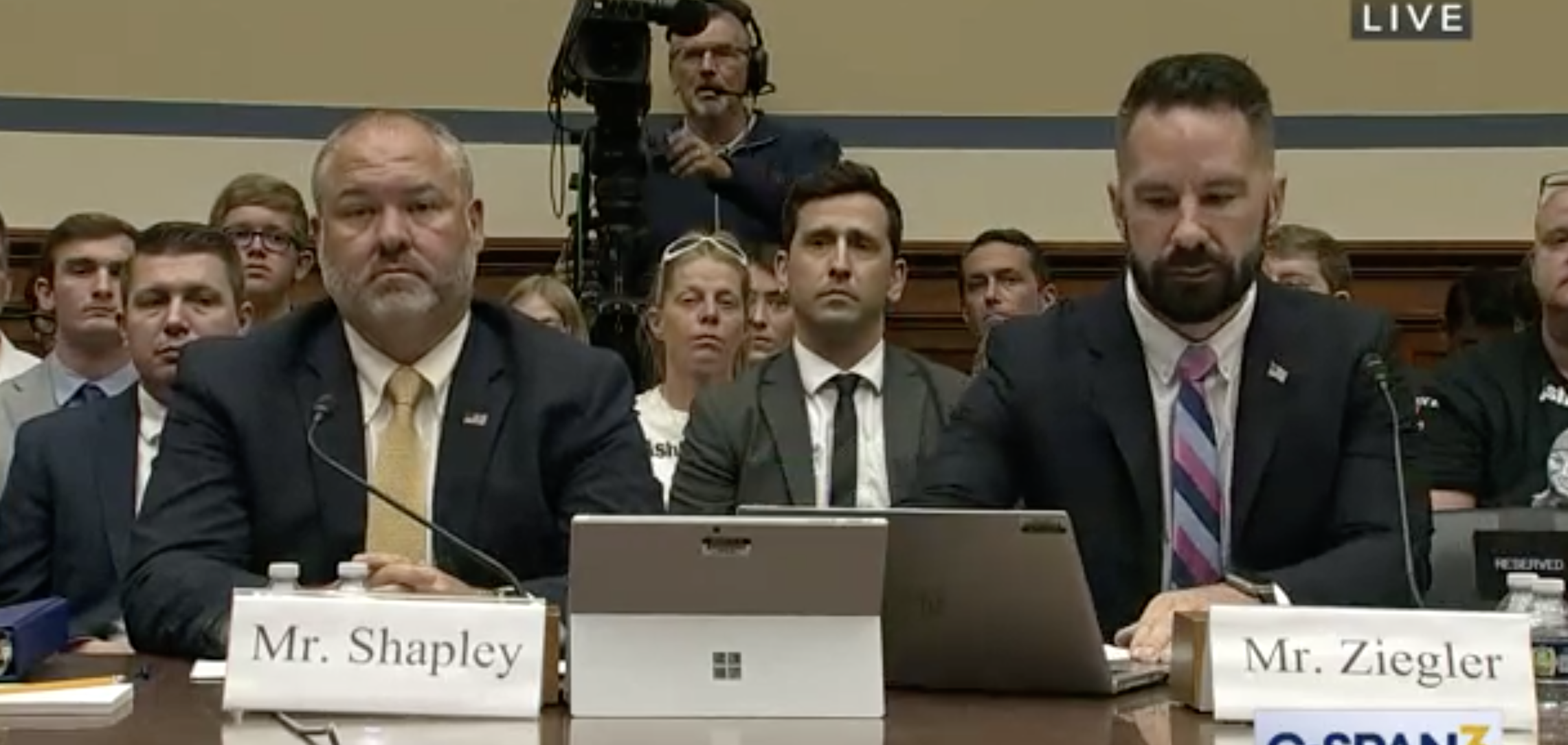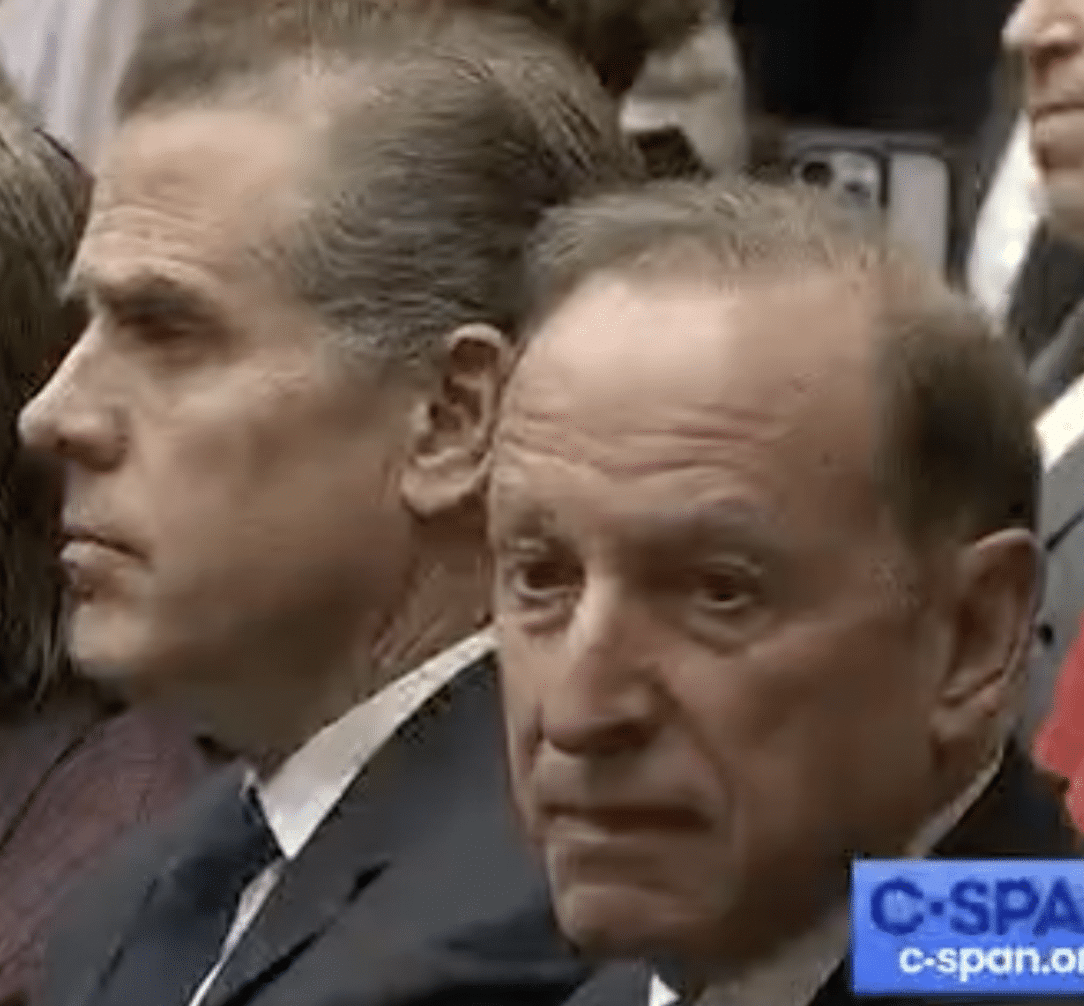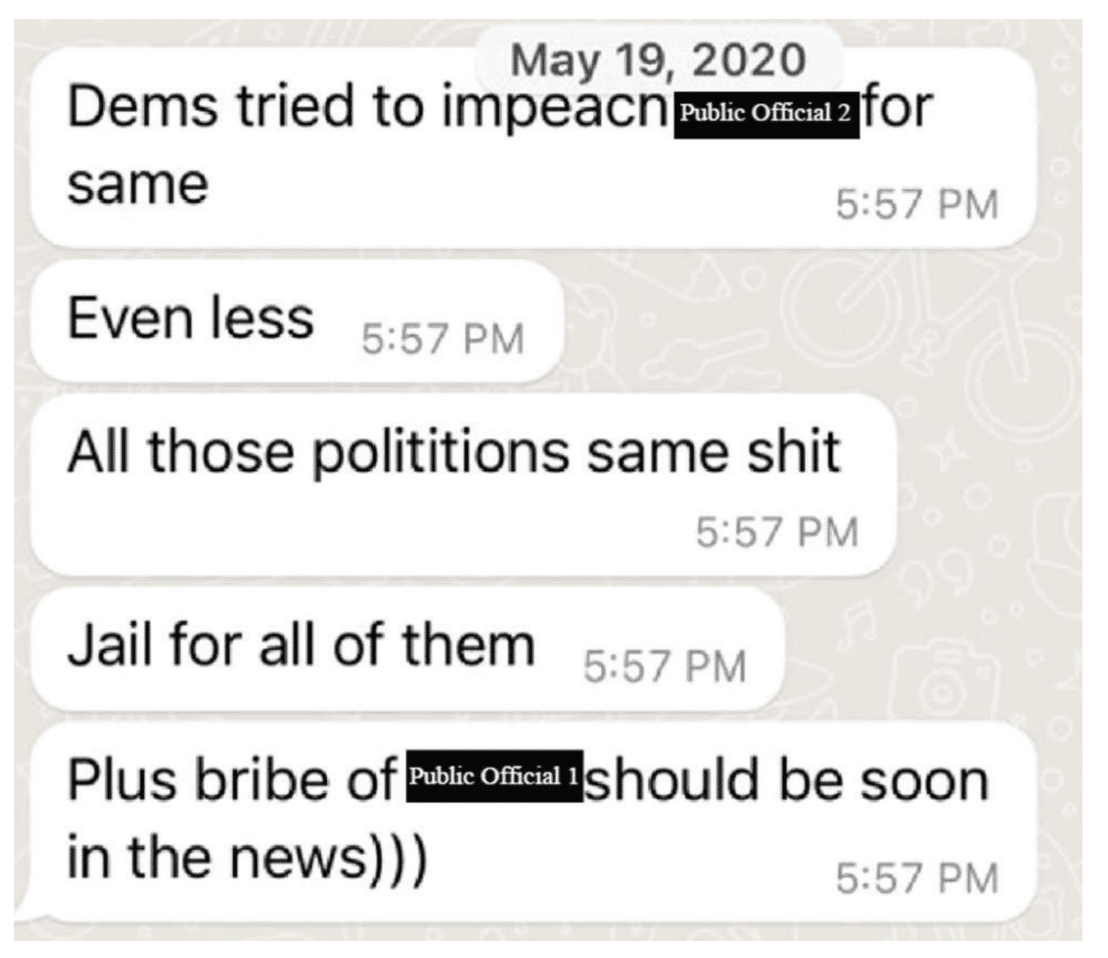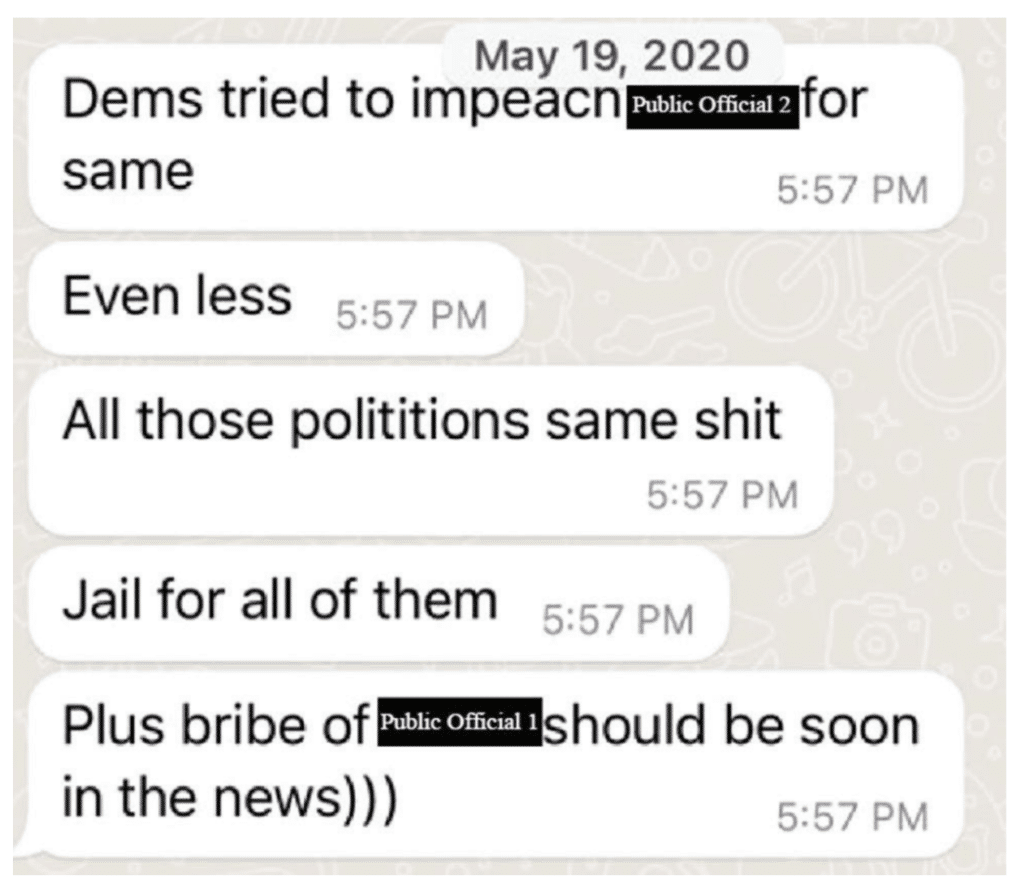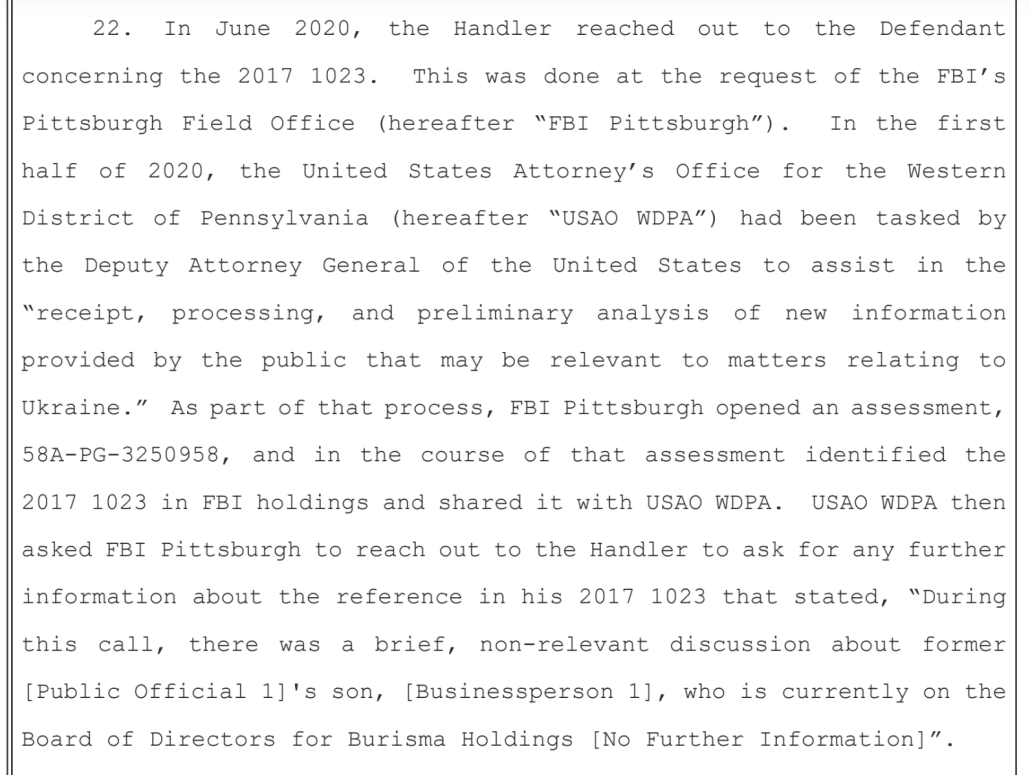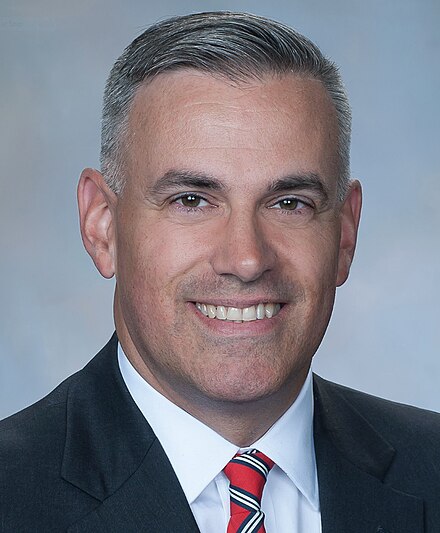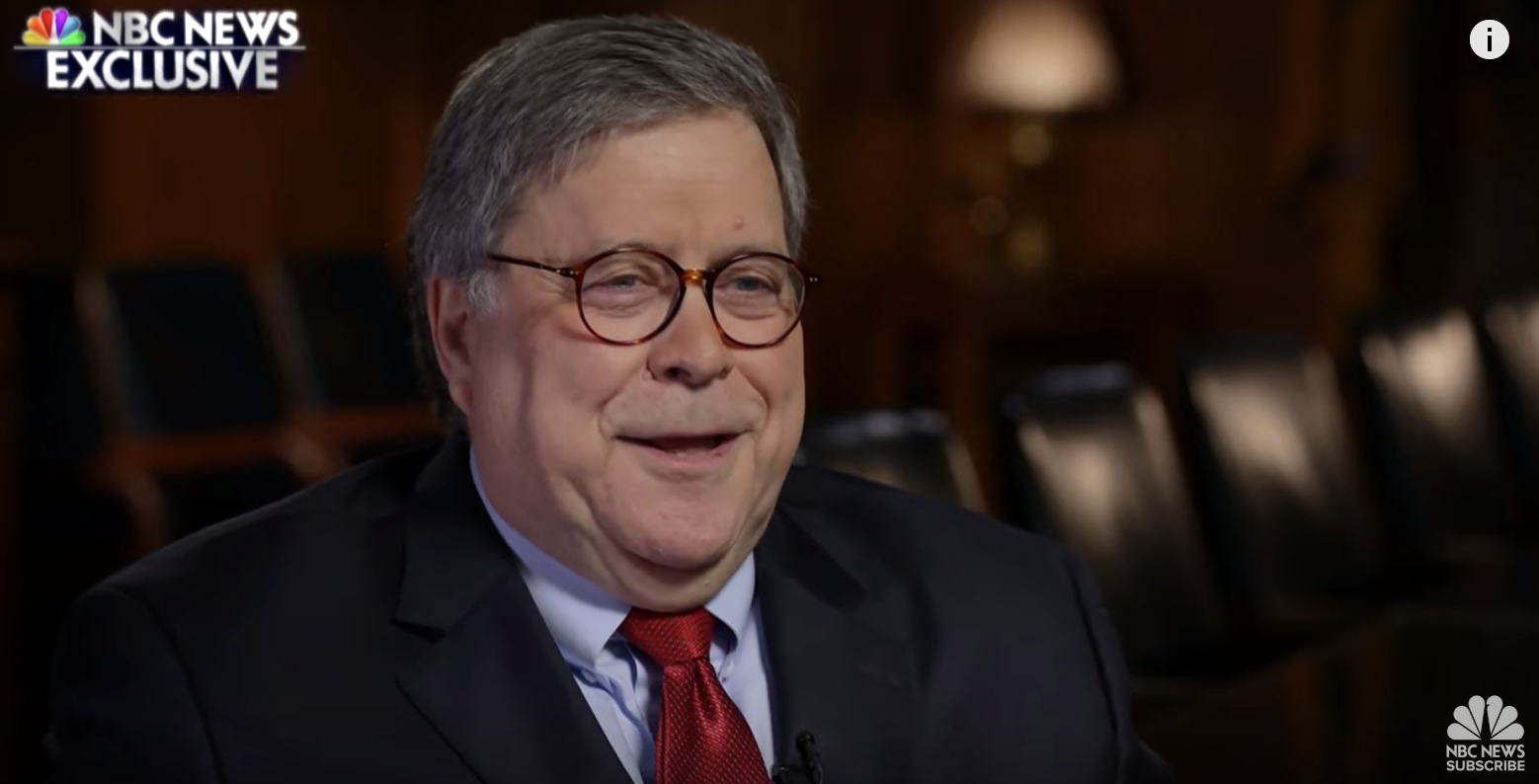David Weiss has now had five opportunities to contest former Hunter Biden attorney Chris Clark’s declaration that on June 6, Weiss personally discussed language to provide Hunter immunity from further prosecution, and after that language was incorporated into the plea deal, on June 19, Weiss’ First AUSA told Clark that there was no ongoing investigation into the President’s son.
I requested to speak directly with U.S. Attorney Weiss, whom I was told was the person deciding the issues of the Agreement. Later that afternoon, on June 6, 2023, I spoke directly with U.S. Attorney Weiss. During that call, I conveyed to U.S. Attorney Weiss that the Agreement’s immunity provision must ensure Mr. Biden that there would be finality and closure of this investigation, as I had conveyed repeatedly to AUSA Wolf during our negotiations. I further conveyed to U.S. Attorney Weiss that this provision was a deal-breaker. I noted that U.S. Attorney Weiss had changed the deal several times heretofore, and that I simply could not have this issue be yet another one which Mr. Biden had to compromise. The U.S. Attorney asked me what the problem was with the proposed language, and I explained that the immunity provision must protect Mr. Biden from any future prosecution by a new U.S. Attorney in a different administration. The U.S. Attorney considered the proposal and stated that he would get back to me promptly.
Later that same evening on June 6, 2023, at or around 5:47 PM EST, AUSA Wolf emailed me proposed language for the immunity provision that read: “How about this- The United States agrees not to criminally prosecute Biden, outside of the terms of this Agreement, for any federal crimes encompassed by the attached Statement of Facts (Attachment A) and the Statement of Facts attached as Exhibit 1 to the Memorandum of Plea Agreement filed this same day.” (Emphasis in original.)
[snip]
Shortly after that email, I had another phone call with AUSA Hanson, during which AUSA Hanson requested that the language of Mr. Biden’s press statement be slightly revised. She proposed saying that the investigation would be “resolved” rather than “concluded.” I then asked her directly whether there was any other open or pending investigation of Mr. Biden overseen by the Delaware U.S. Attorney’s Office, and she responded there was not another open or pending investigation.
David Weiss is silent about proof that he reneged on immunity agreement made in June
Weiss has filed five responses to Hunter Biden claims that address how Weiss reneged on this agreement to immunize the President’s son from any further prosecution:
None of them contest those two claims from Chris Clark: That David Weiss was personally involved on June 6 before Lesley Wolf sent language immunizing Hunter for everything “encompassed” by the plea and diversion, and that Shannon Hanson assured Clark on June 19 there were no ongoing investigations.
Instead, these filings simply shift focus temporally. The responses to the selective and vindictive claim focus on earlier negotiations to falsely suggest that David Weiss did not personally buy off on language sent out on June 6.
For example, in an email to defense counsel dated May 18, 2023, about “a potential nontrial resolution,” Document 60-6 at p. 2, the AUSA stated, “As I said during our call, the below list is preliminary in nature and subject to change. We have not discussed or obtained approval for these terms, but are presenting them in an attempt to advance our discussions about a potential non-trial resolution . . .” The following week, in an email to defense counsel dated May 23, 2023, Document 60-9 at p. 3, the AUSA stated, “As we indicated in our emails and discussions we did not have approval for a pre-trial diversion agreement. As you know, that authority rests with the US Attorney who ultimately did not approve continued discussions for diversion related to the tax charges.” In response to this email, defense counsel wrote, “Ok. My client has asked that I speak to you further. Are you able to speak? I may have some slight flexibility.” Far from an agreement or an agency determination that these charges should not be brought, as the defense suggests in their briefing, these discussions merely indicate the parties were engaged in plea discussions at the line prosecutor level and the AUSA repeatedly disclosed that such discussions were subject to review and approval by the U.S. Attorney. [emphasis original]
The response to the IRS agent claim argues that because Gary Shapley and Joseph Ziegler had “ceased to have any role in the investigation” when the actual charging decisions were made in September and December, their media campaign could not have caused the earlier decision to renege on the plea deal and endorse precisely their charging decisions.
Here, the defendant does not argue that Shapley and Ziegler used any law enforcement technique that resulted in the charges currently before the court. In fact, the conduct he complains of occurred after Shapley and Ziegler ceased to have any role in the investigation.
Never mind that the claim conflicts with a Joseph Ziegler affidavit, which claims that, “As seen in these emails, we have continued to assist and turnover the Hunter Biden casefile to the new team,” and the related emails showing him still handing off documents on September 1 (though given document metadata, Ziegler continued to access and release to Congress records after that). What matters are not the charging decisions made in September and December but the earlier decision to renege on the plea deal.
What matters is that when Leo Wise stated, on July 26, that prosecutors could bring FARA charges against Hunter Biden, he was reneging on the terms of the signed plea deal.
What matters is that when David Weiss told Lindsey Graham on July 11 that Alexander Smirnov’s FD-1023 was part of an ongoing investigation, he signaled that he had decided to renege on the plea deal even before the plea hearing to chase the claim that the President of the United States had received a bribe, and that decision had nothing to do with Maryellen Noreika’s concerns about the structure of the diversion agreement.
Indeed, Abbe Lowell submitted proof that that was the intent all along, to renege on the plea deal. Weiss had submitted a heavily redacted copy of a letter Chris Clark wrote in response to Weiss’ proposed way to address Judge Noreika’s concerns, claiming that it showed that prosecutors did not, as Lowell had claimed, immediately demand a felony plea. Weiss was right, to a point. At that point Weiss was not demanding felony pleas. In his selective and vindictive reply, a declaration, and a timeline submitted yesterday, Lowell explained that Weiss started demanding felony pleas later than that, on August 29.
After the exchange cited by DOJ where Biden rejected its counterproposals, DOJ informed Biden the deal was off and made clear it would accept or charge felonies during a meeting with Biden’s counsel on August 29, 2023.
But those same papers and the unredacted copy of Clark’s response letter in question showed what happened instead: David Weiss’ first response to the concerns Judge Noreika expressed at the plea colloquy — partly how the diversion agreement worked with the plea, but also Wise’s claim that he could charge Hunter with FARA even though Hanson had said that would not happen a month earlier — was to eliminate any judicial protection and remove the immunity language entirely.
Second, the Government has proposed, without explanation, completely deleting the immunity provision in Paragraph 15 of the Diversion Agreement. We decline to amend the parties’ existing agreement on immunity. We will rely on this provision, as contained in the bilateral agreement that was signed and entered into between the parties.
The same letter showed that Hunter’s team believed the diversion remained in effect.
[W]e are fully prepared to continue proceeding with the terms of the Diversion Agreement, as executed. If the Court should determine that the breach provision in Paragraph 14 of the Diversion Agreement should be amended, then we would be fine with that, and at such time we would entertain making formal, written modifications pursuant to Paragraph 19. Otherwise the parties remain bound to the terms of the agreement that was signed and entered into.
This “offer” Weiss made, then, amounted to torching the signed plea deal and diversion agreement entirely.
This is the background to — as Lowell described — Weiss’ demand that Hunter either accept that useless deal immediately, before — minutes later — Weiss rolled out his Special Counsel authority.
8/9/23: DOJ responds to Biden’s counsel’s August 7 letter, and argues that neither the PA nor DA are in effect, and neither side is bound. In that letter, DOJ withdraws the PA and the DA it offered Biden on July 31, 2023, and withdraws the PA and the DA presented to the Court on July 26, 2023.
DOJ notifies Biden’s counsel that it intends to move to dismiss the tax information without prejudice and pursue charges in another district where venue lies, and requests Biden’s counsel’s position by no later than August 11, 2023.
8/10/23: Biden’s counsel emails AUSA Wise to inform him they are discussing DOJ’s August 9 letter and the options with Mr. Biden. Biden’s counsel asks if they may respond to DOJ’s requested position by Monday (August 14) instead of by Friday (August 11). Alternatively, Biden’s counsel proposes having a conference with the Court.
8/11/23: At Noon (12:00 pm), AUSA Wise replies to Mr. Clark’s email that the United States declines to extend the time in which it asked for Biden’s position on the motions identified in its August 9 letter, and further declines to have a conference with the Court.
Approximately five minutes later, at 12:05 pm EST, before Biden’s counsel could even respond to DOJ or discuss it with Mr. Biden, DOJ moves to dismiss the criminal tax Information without prejudice against Biden, so that tax charges can be brought in another district.
David Weiss replaced Lesley Wolf, and by doing so, has tried to get away with letting Leo Wise and Derek Hines to renege on the terms of a plea deal he himself signed, as if his signature wasn’t on the deal.
And he did so, it is now clear, to chase a Russian information operation. David Weiss got his ass handed to him by Russian spies and to hide his embarrassment, he’s trying to claim that he didn’t renege on a signed plea.
Neither Weiss nor Lowell has yet addressed Smirnov directly
For reasons I don’t understand, Lowell has not filed any motion specifically addressing the role of Alexander Smirnov in all this, in either Delaware or Los Angeles. As a result, the sum total of discussion about the role of the Smirnov claim in Hunter’s prosecution consists of the following:
First, in Lowell’s Reply Motion to Compel in Delaware, he noted that he had asked for things pertinent to the Scott Brady side channel, and the treatment of the Smirnov allegations made that discovery all the more important.
The fact that Special Counsel Weiss, beginning in July 2023, then elected to chase the goose making these unsubstantiated claims— after several DOJ and FBI officials agreed the matter should be closed—is all the more justification for granting Mr. Biden’s request for these DOJ materials.
In response, Weiss tried to anticipate mention of Smirnov in Lowell’s Reply. imagining that because Weiss is prosecuting Smirnov, it debunks the claim Hunter made in his deposition that Congressional Republicans were duped by a Russian disinformation campaign.
He claimed, “Smirnov, who has made you dupes in carrying out a Russian disinformation campaign waged against my father, has been indicted for his lies.”12 While the defendant testified to Congress that the Special Counsel had undermined the impeachment inquiry conducted by House Republicans, to this Court he argues instead that the Special Counsel is working at the behest of House Republicans. Motion at 13. Which is it? Indeed, the defendant has no evidence to support his shapeshifting claims because the Special Counsel continues to pursue the fair, evenhanded administration of the federal criminal laws.
That same day, in Delaware, Lowell cited the newly-released Scott Brady transcript to argue that Weiss, by continuing to prosecute Hunter, is doing just what Russia wanted with the Smirnov operation: to gin up a prosecution of Hunter.
From the filings in Smirnov and other disclosures, it turns out that a Russian intelligence operation has the same goal of spreading disinformation to influence the U.S. presidential election in Russia’s favor.
[snip]
Mr. Wise explained that Smirnov’s “disinformation story” is part of a Russian intelligence operation “aimed at denigrating President Biden” and “supporting former President Trump.”
[snip]
This case illustrates the very continuing harm identified by the Special Counsel. The Special Counsel tells us Russian intelligence sought to influence the U.S. presidential election by using allegations against Hunter Biden to hurt President Biden’s reelection. 3 And what did the now-Special Counsel do? The Office abandoned the Agreement it signed and filed felony gun and tax charges against Mr. Biden in two jurisdictions, which public records and DOJ policy indicate are not brought against people with similar facts as Mr. Biden. In these actions, the Special Counsel has done exactly what the Russian intelligence operation desired by initiating prosecutions against Mr. Biden.
In yesterday’s filing in Los Angeles, however, Lowell was still pretty circumspect about Smirnov.
In the section describing how Weiss had reneged on a signed deal, he attributed Weiss’ decision to renege on the deal to his pursuit of the Smirnov allegations. Then, in the section on Congress’ usurpation of prosecutorial function, Lowell laid out how stupid it is for Weiss to claim the charges against Smirnov, over three years after Weiss first got this referral, is proof that Weiss didn’t bow to pressure from Congress.
DOJ also chooses this part of its brief to argue its indictment of Alexander Smirnov suggests it is not a puppet of the GOP (perhaps DOJ’s whole inspiration for bringing that indictment). (Id.) Biden never suggested DOJ is a puppet of the GOP, but that DOJ has caved to political pressure several times in ways that specifically violate Biden’s rights. And DOJ indicting someone who falsely accused Biden of serious crimes does not prove it is treating him fairly. Instead, it calls into question why DOJ reopened long debunked allegations by Smirnov in July 2023 (as it was reneging on its agreements with Biden) when, having gone down that rabbit hole, DOJ was then forced to defend its actions by charging Smirnov with offenses it could have bought years earlier.
Lowell doesn’t make several details of the timeline explicit.
First, on the same day that Weiss sent Lindsey Graham that letter stating that the FD-1023 was part of an ongoing investigation, July 11, Shannon Hanson described that “the team,” on which she did not include herself at that point, was in a secure location. As I’ve noted, there was no reason for “the team” to be in a SCIF in preparation for the plea deal. There’s nothing classified about it. It’s evidence that, before Wise reneged on the scope of the plea deal on July 26, “the team” had already decided to chase the Smirnov allegation.
My hunch is that we’ll learn that whatever Weiss told Merrick Garland about needing Special Counsel status (note, he bypassed Brad Weinsheimer to get it), he did not represent the plea negotiations as the current record suggests they happened. My hunch is that Weiss may have claimed Hunter was being a good deal more intransigent then simply demanding that a plea be worth the toilet paper it was written on in the first place.
But to get Special Counsel status, Weiss likely claimed he was going to investigate Joe Biden.
While it’s true that Garland assured Weiss he could get Special Counsel status whenever he asked, investigating the President is the only thing that presents the kind of conflict that would require full Special Counsel status. And, as I’ve noted, Weiss grounds his authority to prosecute Smirnov in the language in the Special Counsel appointment permitting him to investigate anything that comes out of the investigation authorized with the appointment itself, which must, then, have included Joe Biden as well as his son.
Lowell made this point in his Notice of Authority submitted in Delaware.
The connection between the reopening of the Smirnov allegations and the then-U.S. Attorney’s Office’s total rejection of the Agreement it made has, at the least, the appearance of catering to the shouts of extremist Republicans to scuttle the deal and keep an investigation into Mr. Biden alive.
But he has not done so in Los Angeles.
On August 29, prosecutors expressed overconfidence about their investigation
Lowell has declined to do so even though the timeline he lays out — how, on August 29, prosecutors demanded felony pleas — intersects closely with the Smirnov one. Lowell’s declaration describes that at 11AM on August 29 — in what appears the first meeting after Weiss got Special Counsel status and after Judge Noreika dismissed the tax indictment — Leo Wise fully retracted all offers that had been discussed to that point.
3. On August 29, 2023 at approximately 11:00 AM, I (along with my law partner, Christopher Man) met with Assistant United States Attorneys Leo Wise and Derek Hines at the U.S. Attorney’s Office in Wilmington, Delaware. The meeting lasted approximately one hour. Our position was that the Diversion Agreement was in effect, and we sought to work with the government to effectuate the substance of the proposed Plea Agreement by addressing the procedural concerns the Delaware court raised on July 26, 2023.
4. During that meeting, Mr. Wise stated, in sum and substance, that DOJ was no longer willing at this point in time to (i) carry out the misdemeanor tax agreement it had made; (ii) commit to a “no jail” recommendation for Mr. Biden that it also had made; and (iii) maintain the parties’ agreed-to immunity provision. While Mr. Wise said he was only in a “listening mode,” the only type of charge even mentioned at the meeting were felonies, which are exactly what the Office filed about two weeks later in the District of Delaware.
At that same meeting, Lowell requested that he get an exact copy of the laptop.
The defendant’s counsel met with government counsel in Wilmington on August 29, 2023, and made a specific request for an exact forensic copy of the laptop and external hard drive. His defense counsel reiterated this request in an email dated September 25, 2023, in which defense counsel stated “we want to ensure the data we receive is an identical copy as you have it and that the data will retain its native forensic properties (e.g., time and date stamps, file paths, operative system characteristics, user profile information, etc.)” and that the “data loaded on the hard drive is complete and identical in every shape and manner to that obtained by the FBI when it acquired possession” of the laptop and hard drive. The government accommodated this request.
And prosecutors also claimed (erroneously, it now appears) that they had clean sources for everything otherwise found on the laptop.
As to the meeting between Mr. Biden’s counsel and prosecutors in Wilmington on August 29, 2023 (Opp. at 19), Mr. Biden notes that prosecutors indicated, during that meeting, that they possess “independent sources” for any material on the laptop device that would be helpful to the prosecution’s case, presumably referring to material subpoenaed from third parties, such as Apple, Inc. or various cellphone carriers. For this reason, it was curious to Mr. Biden’s counsel when reviewing the prosecution’s response that it elected to cite to and quote from messages and photos contained on the device it possessed (lacking any Bates stamps) rather than from those “independent sources” included in the discovery produced to the defense.
That same day prosecutors mistakenly claimed they wouldn’t have to rely on the laptop to prosecute Hunter Biden, also on August 29, Smirnov’s handler described that he and Smirnov reviewed the allegations against President Biden after the FD-1023 leaked and Smirnov stood by his claims.
43. On August 29, 2023, FBI investigators spoke with the Handler in reference to the 2020 1023. During that conversation, the Handler indicated that he and the Defendant had reviewed the 2020 1023 following its public release by members of Congress in July 2023, and the Defendant reaffirmed the accuracy of the statements contained in it.
Did representations from Smirnov’s handler contribute to prosecutors’ hubris in imagining they had all the evidence they needed against the President’s son? Did they initially pursue particularly draconian charges against Hunter in hopes they could get him to flip against his father?
At some point — the indictment doesn’t reveal whether the handler only came clean about Smirnov’s lies in the following weeks — Smirnov’s handler provided the messages and travel records that made it clear Smirnov was lying.
44. The Handler provided investigators with messages he had with the Defendant, including the ones described above. Additionally, the Handler identified and reviewed with the Defendant travel records associated with both Associate 2 and the Defendant. The travel records were inconsistent with what the Defendant had previously told the Handler that was memorialized in the 2020 1023. The Defendant also provided email communications with both Associate 2 and Burisma personnel beginning in 2017 to the Handler, which the Handler reviewed with the Defendant and shared with FBI investigators.
On the day Weiss discovered Smirnov was lying, he should have called up Merrick Garland, told him he had to recuse from both the Smirnov investigation and — because of the apparent role of the Smirnov 1023 in his decision to renege on the plea agreement — even the Hunter Biden one. On that day, Weiss became a witness to a potential criminal conspiracy.
Weiss’ false claims about discovery into the side channel
Weiss did not do that.
Instead, at least in the months before the Smirnov indictment, he prevaricated over discovery.
On November 7, over a month after the FBI interviewed Smirnov and confirmed his lies, David Weiss told the House Judiciary Committee Chief Counsel Steve Castor that the side channel would only show up in his eventual report.
Q Brady told us that he had such trouble getting ahold of you and your office, that he had to go through the PADAG, and basically the PADAG had to intervene and instruct your office to take a meeting with him.
A Is that a question?
Q Yes. Why wouldn’t you meet with Mr. Brady?
A I’m not at liberty to discuss that at this time. I look forward to the opportunity to addressing this in the special counsel’s report at the appropriate time.
Weiss committed that Brady’s role in this would only appear in the final report after a number of details of Brady’s claims to have vetted the Smirnov claim — which Jerry Nadler referred to both Michael Horowitz and Merrick Garland for potentially criminal investigation — had been publicly aired.
Then, on November 15, Lowell asked for discovery that would cover the side channel and also permission to subpoena those, like Bill Barr, who continued to engage in discussions of the side channel as private citizens, without protection of prosecutorial immunity.
The response to the latter, written in December by then newly promoted “Principal Senior Assistant Special Counsel” Leo Wise, repeats Weiss’ silence about his decision to renege on the plea deal. Given the accumulating evidence that Weiss reneged on the plea deal in order to chase the Smirnov allegation, such silence is deafening.
It blows off the request for a subpoena to Bill Barr — who made public representations about the side channel the day after Weiss agreed to immunize Hunter against further investigation, the agreement on which Weiss reneged — by emphasizing that as former Attorney General, Barr could have no influence on Weiss’ actions.
Defendant asks the Court to enter an order directing subpoenas, which seek broadly worded categories of documents across seven years, to former President Donald J. Trump, former Attorney General William P. Barr, and two other former officials in the U.S. Department of Justice. Defendant contends that the requested material “goes to the heart of his pre-trial and trial defense that this is, possibly, a vindictive or selective prosecution that arose out of an incessant pressure campaign that began in the last administration, in violation of Mr. Biden’s constitutional rights.” ECF 58, at 14. It is worth noting from the outset that defendant misunderstands the difference between pretrial arguments to dismiss an indictment and trial defenses. It is black-letter law that claims of vindictive and selective prosecution are not trial defenses and may only be brought and litigated pretrial. They are not defenses and, therefore, are never argued to trial juries.
In any event, both vindictive- and selective-prosecution claims turn on the actual intent of the specific decisionmaker in a defendant’s case: here, the Special Counsel. But not only does defendant’s motion fail to identify any actual evidence of bias, vindictiveness, or discriminatory intent on the Special Counsel’s part, his arguments ignore an inconvenient truth: No charges were brought against defendant during the prior administration when the subpoena recipients actually held office in the Executive Branch.
And in response to the request for a subpoena to Richard Donoghue, the response noted that Donoghue ordered that, “the Delaware investigation receive the information from the Pittsburgh team, which was being closed out.”
Against this backdrop, the gaps in defendant’s motion become glaring: absent is any credible argument that (a) one of the subpoena recipients, rather than the Special Counsel, made the decision to prosecute the defendant and that the Special Counsel merely followed an order, or (b) that the Special Counsel himself has treated similarly situated individuals differently or decided to prosecute for discriminatory purposes. In fact, throughout the defendant’s entire constructed narrative, he barely refers to the actions or motives of the then-U.S. Attorney, nowSpecial Counsel, much less makes Armstrong’s “credible showing” of disparate treatment, discriminatory intent, or retaliatory motive on his part. Nor has defendant addressed the impact of the sitting Attorney General’s subsequent determination that, “to ensure a full and thorough investigation” of these matters, it was necessary to confer the additional jurisdiction and independence outlined in 28 C.F.R. § 600.04–600.10. See Order No. 5730-2023.
Defendant’s attempts to manufacture discriminatory treatment or intent on behalf of the U.S. Attorney fall apart under the most minimal scrutiny. First, defendant obliquely references that “IRS files reveal that [Richard Donoghue] further coordinated with the Pittsburgh Office and with the prosecution team in Delaware, including issuing certain guidance steps regarding overt steps in the investigation.” ECF 58, at 2-3 & n.3. Looking behind the defendant’s ambiguously phrased allegation reveals the actual “overt steps” involved: (1) the U.S. Attorney making an independent assessment of the probable cause underlying a warrant and (2) a direction by Mr. Donoghue that the Delaware investigation receive the information from the Pittsburgh team, which was being closed out. See ECF 58, at 3 n.3 (citing memorandum of conference call). Assessing the validity of a warrant and merely receiving information from other investigating entities does nothing to show any disparate treatment or animus. Next, defendant alleges that “certain investigative decisions were made as a result of guidance provided by, among others, the Deputy Attorney General’s office.” ECF 58, at 3 n.4. In fact, the source cited revealed that the guidance was simply not to conduct any “proactive interviews” yet. Likewise, defendant’s last attempt to create a link involved guidance not to make any “external requests (outside of government),” which followed the long-standing Department of Justice policy to avoid overt investigative steps that might interfere with ongoing elections. See ECF 58, at 3 n.5; cf., e.g., Federal Prosecution of Election Offenses 40 (2d ed. 1980). In other words, the most defendant claims is that the Deputy Attorney General’s office was aware of and involved in some specific investigatory decisions in the most banal fashion possible—by waiting to take specific investigative steps at certain times out of caution.
None of these contacts or events provides any evidence involving either the disparate treatment of similarly situated individuals or a discriminatory intent behind the U.S. Attorney’s prosecutorial decision. [my emphasis]
The existence of the side channel alone is testament to disparate treatment of Hunter Biden. Importantly, Donoghue is a fact witness about what Weiss did in 2020.
The response to Lowell’s request for discovery on the side channel, a request that explicitly applied to the diversion agreement as well, was even more non-responsive. It simply ignores Bill Barr’s role entirely.
It’s the response to the subpoena that looks particularly damning, though.
As I’ve noted, there are some key gaps in the Smirnov indictment. First, in describing who set up the side channel in the first place, Weiss claimed Deputy Attorney General Jeffrey Rosen set it up, when Brady testified that Barr was personally involved (as Barr’s public comments make clear).
22. In June 2020, the Handler reached out to the Defendant concerning the 2017 1023. This was done at the request of the FBI’s Pittsburgh Field Office (hereafter “FBI Pittsburgh”). In the first half of 2020, the United States Attorney’s Office for the Western District of Pennsylvania (hereafter “USAO WDPA”) had been tasked by the Deputy Attorney General of the United States to assist in the “receipt, processing, and preliminary analysis of new information provided by the public that may be relevant to matters relating to Ukraine.” As part of that process, FBI Pittsburgh opened an assessment, 58A-PG-3250958, and in the course of that assessment identified the 2017 1023 in FBI holdings and shared it with USAO WDPA. USAO WDPA then asked FBI Pittsburgh to reach out to the Handler to ask for any further information about the reference in his 2017 1023 that stated, “During this call, there was a brief, non-relevant discussion about former [Public Official 1]’s son, [Businessperson 1], who is currently on the Board of Directors for Burisma Holdings [No Further Information]”
The silence about Barr’s role is particularly telling given persistent misrepresentations of Hunter Biden’s discovery asks about Barr.
More tellingly, the indictment doesn’t confess that Donoghue ordered Weiss to look at the FD-1023 in 2020, days after Trump called up Bill Barr and screamed at him for not investigating Hunter Biden more aggressively.
40. By August 2020, FBI Pittsburgh concluded that all reasonable steps had been completed regarding the Defendant’s allegations and that their assessment, 58A-PG-3250958, should be closed. On August 12, 2020, FBI Pittsburgh was informed that the then-FBI Deputy Director and then-Principal Associate Deputy Attorney General of the United States concurred that it should be closed.
Leo Wise’s description of this process at Smirnov’s first detention hearing was even more dishonest.
[T]he FBI in Pittsburgh took some limited investigative steps, but their steps were limited by the fact that they were only conducting an assessment, which under FBI policies is not an investigation. And it prevents, for instance, the use of compulsory process like grand jury subpoenas or the compulsion of testimony. So based on that limited review, the FBI closed its assessment in August.
Weiss has a problem.
He was ordered to investigate this in 2020, and did nothing, possibly because Lesley Wolf knew the entire side channel project was corrupt. But if that’s why Weiss did nothing in 2020, it makes his decision to renege on a plea deal to go chase this lead inexcusable.
He ignores his earlier receipt of this tip in the indictment to create the illusion that he investigated the FD-1023 for the first time starting in July.
But in the opposition for subpoenas in December, Leo Wise acknowledged that Donoghue issued that order in 2020.
Weiss is saying one thing in the Smirnov prosecution and saying something else in an effort to hide Smirnov discovery from Hunter Biden.
And he’s saying those conflicting things after telling Congress that Brady’s role in this would show up only in his closing report, and not in follow-up indictments for false claims to Congress.
Realistically, the investigation into how Smirnov allegedly framed Joe Biden should go in at least three directions: First, into Russia and Ukraine (and possiblyIsrael)’s specific role in his alleged lies, such as whether Andrii Derkach had ties to Smirnov in 2020. As part of that, the FBI will need to investigate why Smirnov didn’t disclose his earlier ties to Russian Official 5 to his handler, whom he flipped for a third country in 2002, until 2019.
The investigation needs to figure out how Scott Brady came to look for Smirnov’s earlier FD-1023 in the first place, because his claimed explanation makes no sense. It’s possible that arose from some mutual tie between Smirnov and Rudy Giuliani and could implicate Rudy personally. At the first Smirnov detention hearing, Wise at least mentioned Rudy Giuliani’s role in all this, suggesting Weiss’ team might fancy they’re pursuing that angle, at least. But they have no business doing so, because that implicates Weiss’ contacts with Brady. Again, he is a direct witness.
But just as importantly, the investigation needs to examine why Brady claimed the tip had been vetted in 2020, and why Brady created the impression with Congress that Smirnov’s travel records matched his claims, rather than debunked them. The investigation needs to examine whether Barr, or the indictment, is telling the truth about what Weiss was supposed to do with the lead in 2020. Neither Brady nor Barr are immunized as prosecutors anymore. And there’s no reason their attempts to influence the criminal investigation into Joe Biden’s son in advance of an election should evade scrutiny.
That goes right to the heart of why Weiss reneged on the plea deal. It goes to all the discovery and subpoenas that Weiss has already refused, claiming that it had no bearing on diversion or a vindictive prosecution claim. It goes to Weiss’ wildly unsound decision to remain on the case after he became a witness in it.
As it turns out, it has everything to do with Hunter’s diversion and vindictive prosecution claims.


